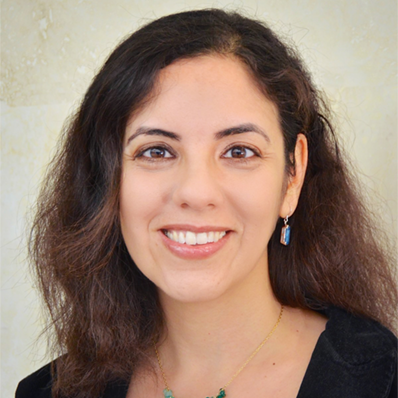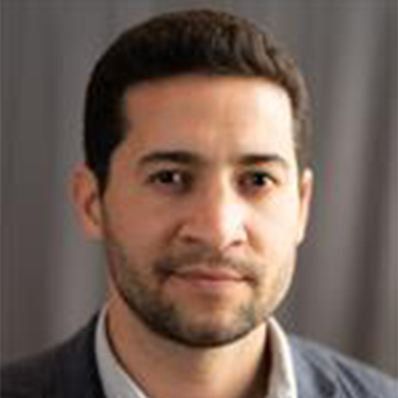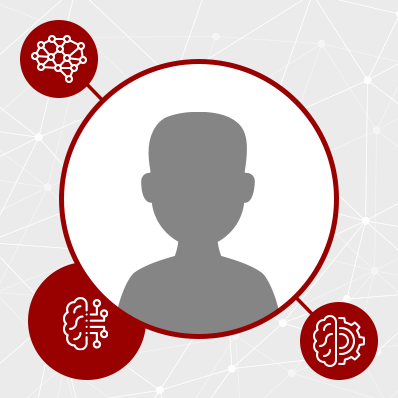Aziz-Zadeh, Lisa
Associate Professor of Occupational Science, Psychology and Neurology
The Center for the Neuroscience of Embodied CognitionWe explore how rudimentary sensory-motor areas may be intrinsically involved in processing aspects of higher cognition such as language, thought, emotions, empathy, and social communication. We study both typical populations and autism, using MRI and behavioral studies, also integrating microbiome research.
Barakat, Rita
Assistant Professor (Teaching) of Biological Sciences
My current research focuses on exploring the link between executive functioning and language, testing the "Bilingual Advantage" hypothesis using a computer-based version of the Stroop Task. My primary role within NGP and at USC is to teach undergraduate and graduate courses in neuroscience, cell biology and physiology, as well as provide curricular supportand advise graduate students. I am also the chair of the NGP Diversity Committee and participate in/ lead several DEI-focused initiatives at USC.
Ching, Christopher
Assistant Professor Of Research Neurology
Dr. Ching’s research focuses on neuroimaging and genomic markers of psychiatric and neurodegenerative disorders. As a core organizing member of the Enhancing Neuro Imaging Genetics through Meta-Analysis (ENIGMA) Consortium, he designs and implements standardized processing and analysis techniques for large-scale neuroimaging studies. He leads the ENIGMA Bipolar Disorder Working Group, an effort pooling data and resources from around the world to improve our understanding of the biological processes driving bipolar disorder, and studies rare copy number variants like 22q11.2 Deletion Syndrome to understand how genetic mutations can lead to increased risk for developing psychiatric illness. He leads several large-scale transdiagnostic neuroimaging and genomic initiatives using machine learning to map common and distinct brain and clinical factors across mental illnesses.
Lee, Darrin Jason
The focus of my laboratory is to explore the underlying mechanisms and potential of neuromodulation for cognitive dysfunction and psychiatric disorders, such as Alzheimer’s disease, Parkinson’s disease, epilepsy, depression, obsessive compulsive disorder and schizophrenia. Specifically, we utilize multiple depth electrode local field potential recordings and functional ultrasound imaging to evaluate simultaneous electrophysiology, cerebral blood flow and functional connectivity in these disorders. Using these tools, our goal is to better understand the underlying pathophysiology and optimize our neuromodulation strategies. Our aim is to translate our preclinical findings into clinically relevant neuromodulation treatments. My clinical research is focused on evaluating potential new indications and targets for neuromodulation, such as deep brain stimulation (DBS), spinal cord stimulation and focused ultrasound.
Mintz, Toby
Professor of Psychology and Linguistics
My general research interests are in the cognitive mechanisms that underlie language acquisition. Ongoing and completed projects investigate the mechanisms by which infants detect words in fluent speech, how infants and very young children acquire fundamental syntactic knowledge about the language they are learning, and how toddlers learn the meanings of novel words. These research programs are connected by a common question about the nature of the mechanisms that give rise to linguistic abilities, and the effects of environmental input on these mechanisms.









